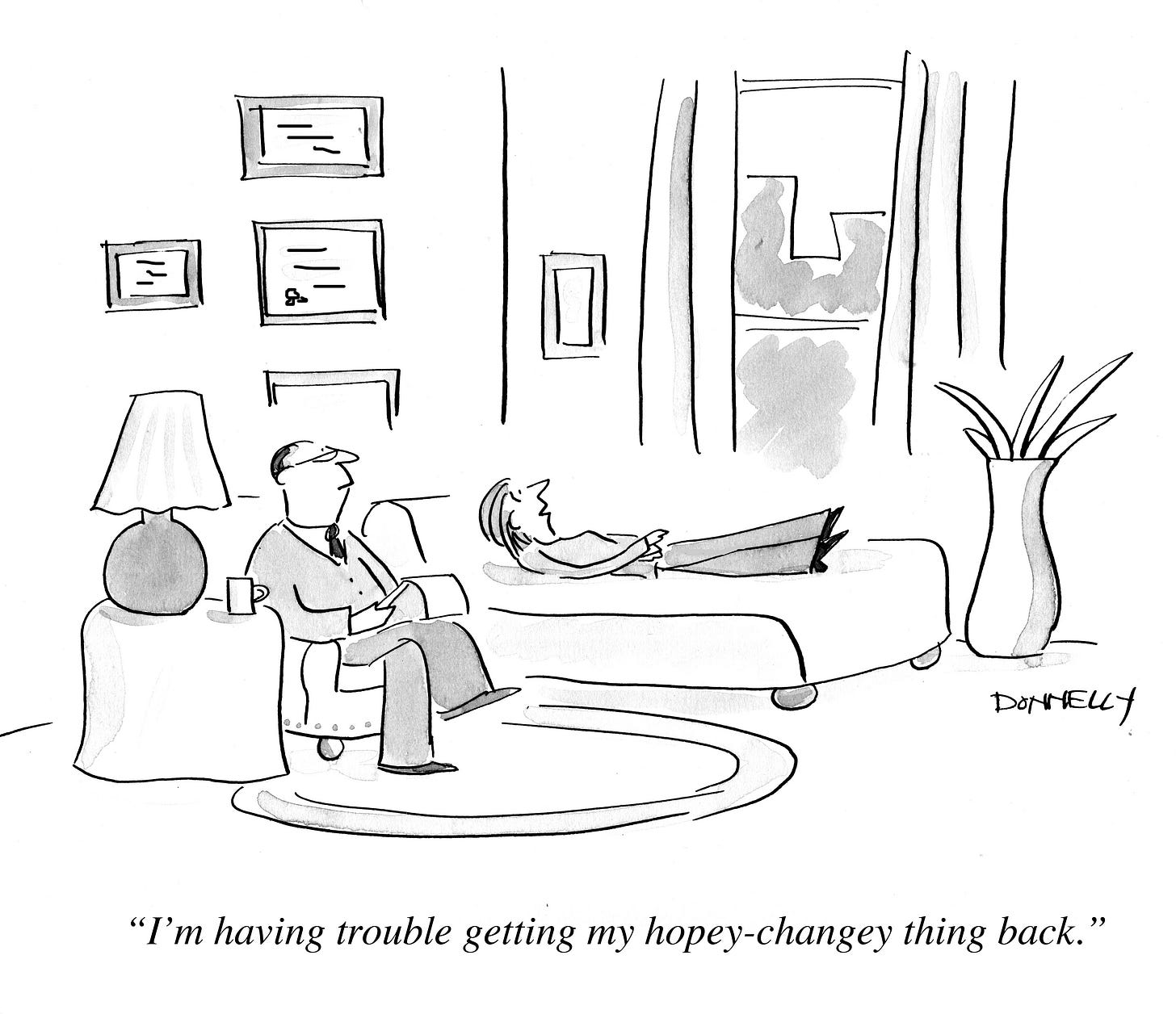I learned a new word today. Well, not entirely new to me— it has a contemporary usage that was unclear.
Cringe.
In a thoughtful essay in today’s NY Times, Lydia Polgreen, writes how people are embracing the Indigo Girls today, and why. It has to do with cringe.
But let me start with how my morning quickly became an interesting confluence of thoughts within a matter of a few hours. I am listening to Jon Meecham’s book on Lincoln, And There Was Light on tape, and was doing just that as I ran this morning. It’s fascinating to hear how Lincoln navigated the moral conversations in his time, and how he spoke from the heart and to others’ hearts. I wondered how is it that someone can do that, from the heart, in such a way as others will listen? It takes courage to do that—which Lincoln had—because in many ways, it is easier to be cynical. How does one rise above with words and reach the moral compass of listeners, as Lincoln and Frederick Douglass (and others) did? As in Lincoln’s time, our current political climate is filled with so much anger, hate and divisiveness. Today’s Republican Party is grappling with a segment of people who will not listen to reason. But might they listen if it is presented the right way, a way that is not about reason but something else?
After my run, I happened upon Ms. Polgreen’s essay. I was motivated to share it on Twitter with a question about the meaning of cringe. She wrote in response, “It means different things to different people! In the beginning calling something cringe denoted a kind of smarm but now it seems to apply to anything that seems overly sincere or earnest. At least that’s how I hear it used most often.”
Was Lincoln cringe in his day? Uncool, a bit geeky, yet people listened and were moved by him (he was also apparently a funny man)? Is cringe something one feels, that cannot be expressed simply with the right words? Many people say the right things, but it does not get through.
I suggest that in part, to be cringe is to openly give over to the notion that one loves life, treasures it, has hope and belief in the good of other people and oneself.
“To me, this is what the Indigo Girls are all about. Sincerity coupled with wisdom, which is a recipe for something durable: solidarity. A sense that we are in this together. The Indigo Girls are great. Cringe but true. That’s because the kernel of who we are is cringe. That is what it means to be open to the world. To be open to the possibility of a future different from who you are now.” Ms. Polgreen from her essay.
I did not grow up with the Indigo Girls; my cringe hero was and still is Stevie Wonder. I never realized how much I like cringe.
We are all cringe, but many of us bury it because it seems uncool. To heck with that. We need more cringe people in the world.
I will do a drawing using the word cringe, send it to The New Yorker next week. Stay tuned.






To me, cringe, especially as in cringe-worthy, is and always has been pejorative. I don’t know how you construe it into any other meaning. Definition: “have an inward feeling of acute embarrassment or awkwardness.”
Example: “I cringed at his stupidity"
Synonyms: Wince, squirm. I don’t remember the Indigo Girls but not their music. Guess I gotta read the NYT piece.
Meanwhile, I love “hopey-changey.” Through the Trump years (even now) and the Pandemic I was havin’ trouble holdin’ mine too!
I’m cringe and I’m proud.